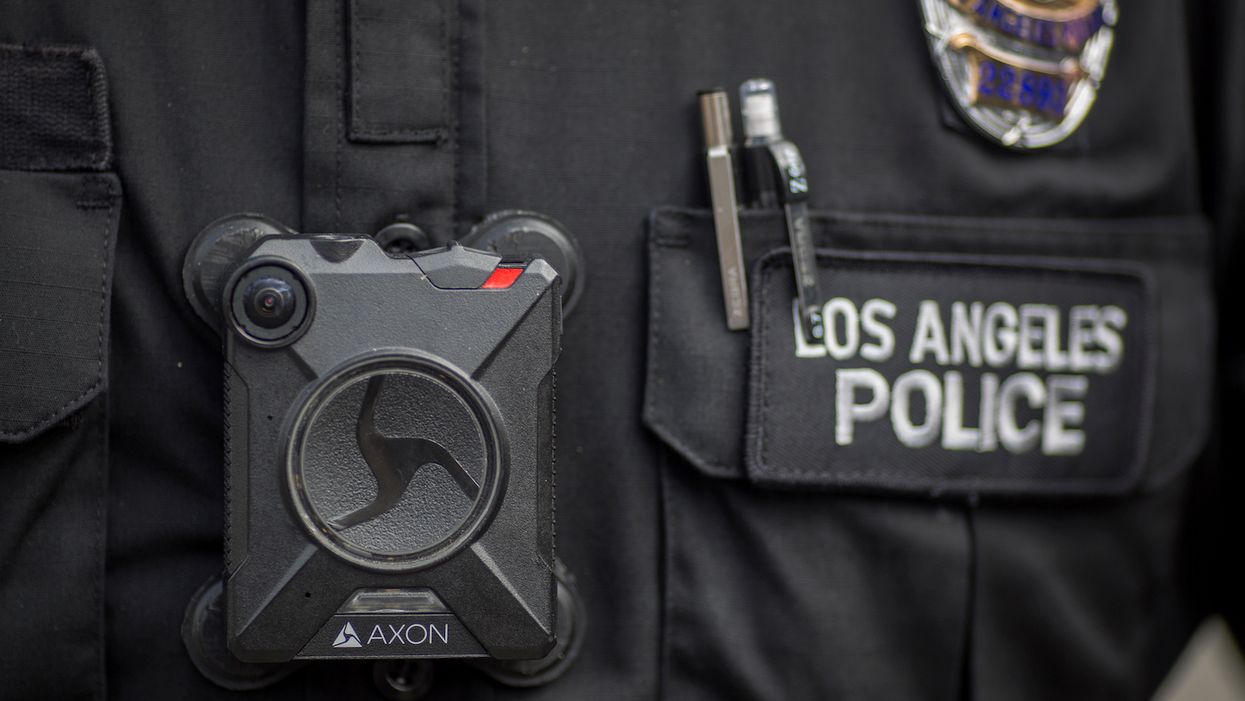
David McNew/Getty Images

One of the concerns was about racial bias
The California Legislature voted last week to ban the use of facial recognition technology in police body cameras due to concerns over accuracy and potential racial bias, according to KBCW-TV.
Assembly Bill 1215, authored by Assemblymember Phil Ting, a Democrat from San Francisco, now heads to Gov. Gavin Newsom's desk for a signature.
The bill bans the implementation of facial recognition technology into police body cameras for three years, presumably to give the technology a chance to develop and become more accurate.
Ting authored the bill partially due to the belief that the technology carries a racial bias, as demonstrated by an American Civil Liberties Union test, which revealed that a mugshot database falsely identified 26 members of the state legislature. Ting said more than half of the falsely identified people were minorities.
Ting's other concern is about giving law enforcement too much of an ability to track people.
"Without my bill, facial recognition technology essentially turns body cameras into a 24-hour surveillance tool, giving law enforcement the ability to track our every movement," Ting said.
This statement, on the surface, cannot be true, as the cameras in question are police body cameras, and therefore would not be capable of subjecting people to 24-hour surveillance.
The bill seeks to address a problem that doesn't yet exist, as no police department has body cameras with facial recognition capability, and one major body camera manufacturer, Axon, has declined to use facial recognition because the technology is "not currently reliable enough."
The California State Sheriffs' Association issued a statement of concern about the impact of the bill on law enforcement's ability to attack crime.
"Even a temporary ban on the use of facial recognition could limit law enforcement's efficacy and limit its ability to fight crime and prevent crime," said Cory Salzillo, the group's legislative director.